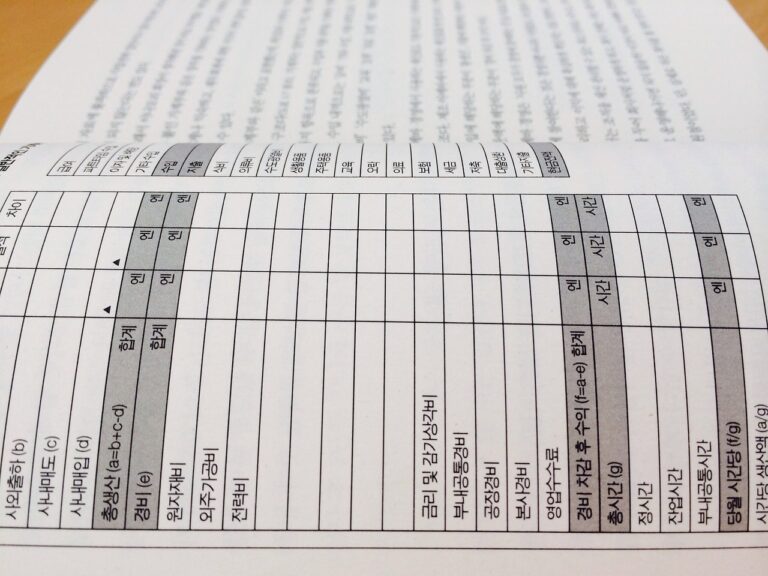How to Implement Effective Career Counseling Programs: Betbhai com whatsapp number, Playexch, Lotus365 in login password
betbhai com whatsapp number, playexch, lotus365 in login password: Career counseling programs are essential for helping individuals make informed decisions about their career paths and goals. These programs provide guidance, support, and resources to help individuals explore their interests, skills, and values and make informed decisions about their future careers. Implementing an effective career counseling program requires careful planning, collaboration, and ongoing evaluation. In this article, we will discuss some key steps to implement effective career counseling programs.
Identify the Needs of Your Audience
The first step in implementing an effective career counseling program is to identify the needs of your audience. This may involve conducting surveys, focus groups, or interviews to gather information about the career-related challenges and questions that individuals in your organization or community are facing. Understanding the needs of your audience will help you tailor your career counseling program to address specific concerns and provide relevant support.
Collaborate with Stakeholders
Successful career counseling programs involve collaboration with various stakeholders, including employers, educators, community organizations, and other service providers. Building partnerships with these stakeholders can help you access resources, expertise, and opportunities that can enhance the effectiveness of your career counseling program. Collaborating with stakeholders can also help you reach a wider audience and ensure that your program meets the needs of the community.
Develop a Comprehensive Curriculum
A key component of an effective career counseling program is a comprehensive curriculum that provides valuable information, resources, and activities to help individuals explore career options, develop job search skills, and make informed decisions about their career paths. The curriculum should include information on career assessments, goal setting, resume writing, interviewing skills, networking, and other relevant topics. It should be designed to be engaging, informative, and accessible to individuals with diverse backgrounds and needs.
Provide Individualized Support
Individualized support is essential for helping individuals navigate the career development process and achieve their goals. Effective career counseling programs provide one-on-one counseling sessions, workshops, and other personalized support services to help individuals assess their skills, interests, and values, explore different career options, set goals, and develop strategies to achieve them. By providing individualized support, career counselors can help individuals overcome obstacles, build confidence, and take concrete steps towards their desired career paths.
Evaluate and Improve Your Program
Continuous evaluation is important for ensuring the effectiveness of your career counseling program and making improvements based on feedback and data. Collecting feedback from participants, tracking outcomes, and conducting regular assessments can help you identify strengths and weaknesses in your program and make adjustments to improve its impact. By evaluating and improving your program, you can ensure that it continues to meet the needs of your audience and provide valuable support to individuals seeking career guidance.
FAQs
Q: What types of resources should be included in a career counseling program?
A: A career counseling program should include resources such as career assessments, job search tools, informational materials, workshop materials, and referrals to other services and organizations.
Q: How can I access funding to support a career counseling program?
A: Funding for career counseling programs may be available through grants, sponsorships, donations, and partnerships with organizations that support workforce development and career advancement.
Q: How can I measure the impact of a career counseling program?
A: The impact of a career counseling program can be measured through various metrics, such as participant satisfaction surveys, job placement rates, skill development outcomes, and career advancement data. Tracking these metrics can help you assess the effectiveness of your program and make improvements as needed.
In conclusion, implementing an effective career counseling program requires careful planning, collaboration, and ongoing evaluation. By identifying the needs of your audience, collaborating with stakeholders, developing a comprehensive curriculum, providing individualized support, and evaluating and improving your program, you can help individuals make informed decisions about their career paths and achieve their professional goals. Follow these steps to create a successful career counseling program that provides valuable support to individuals seeking guidance and direction in their careers.







